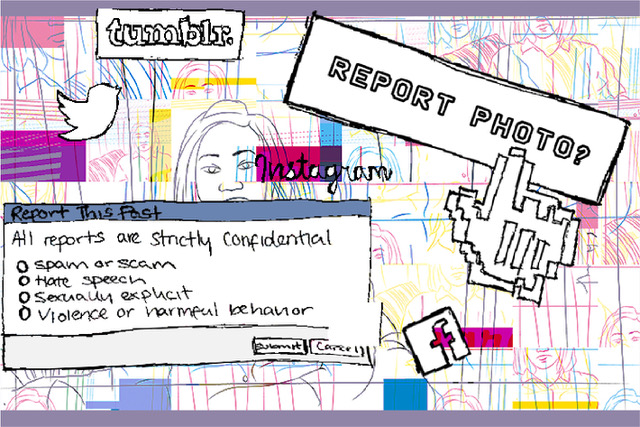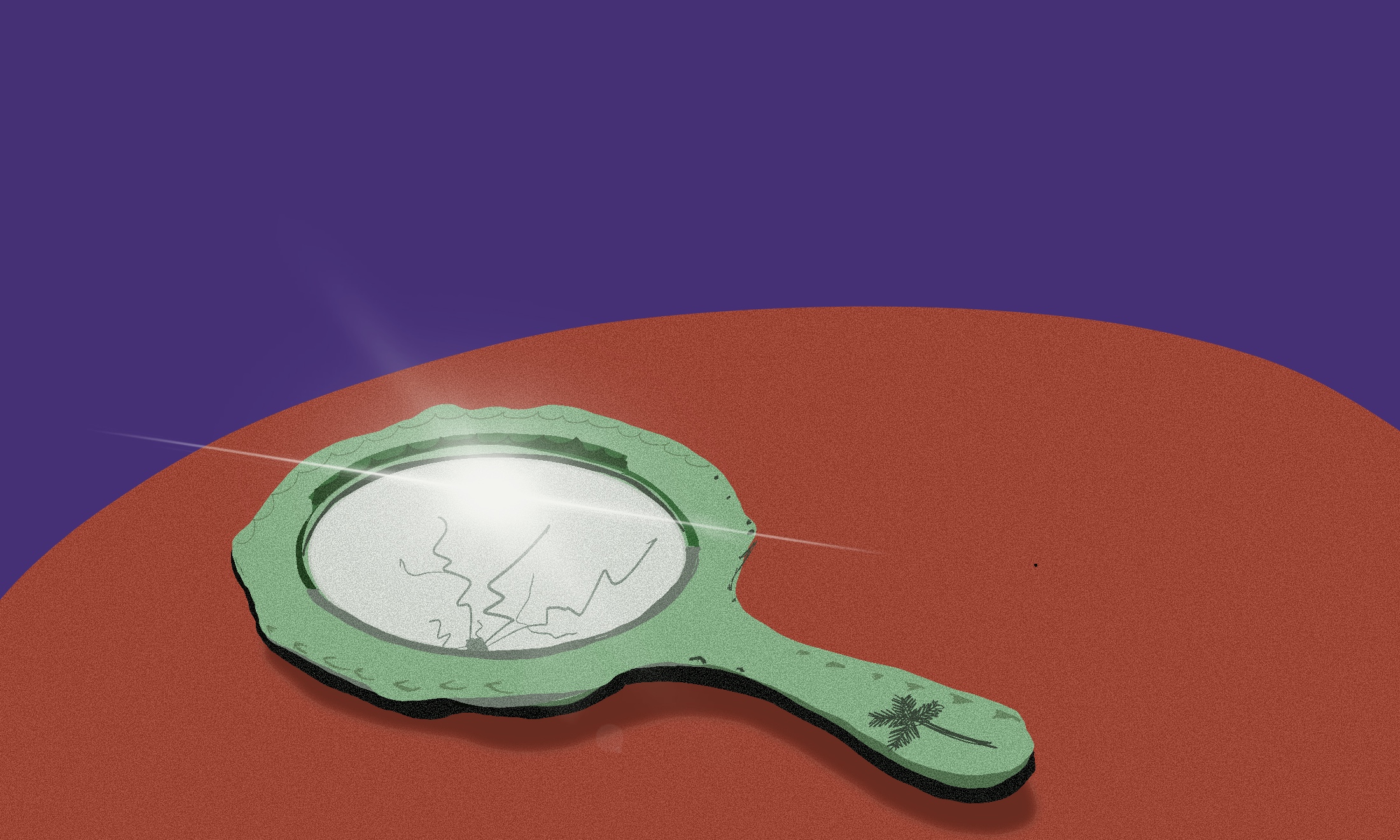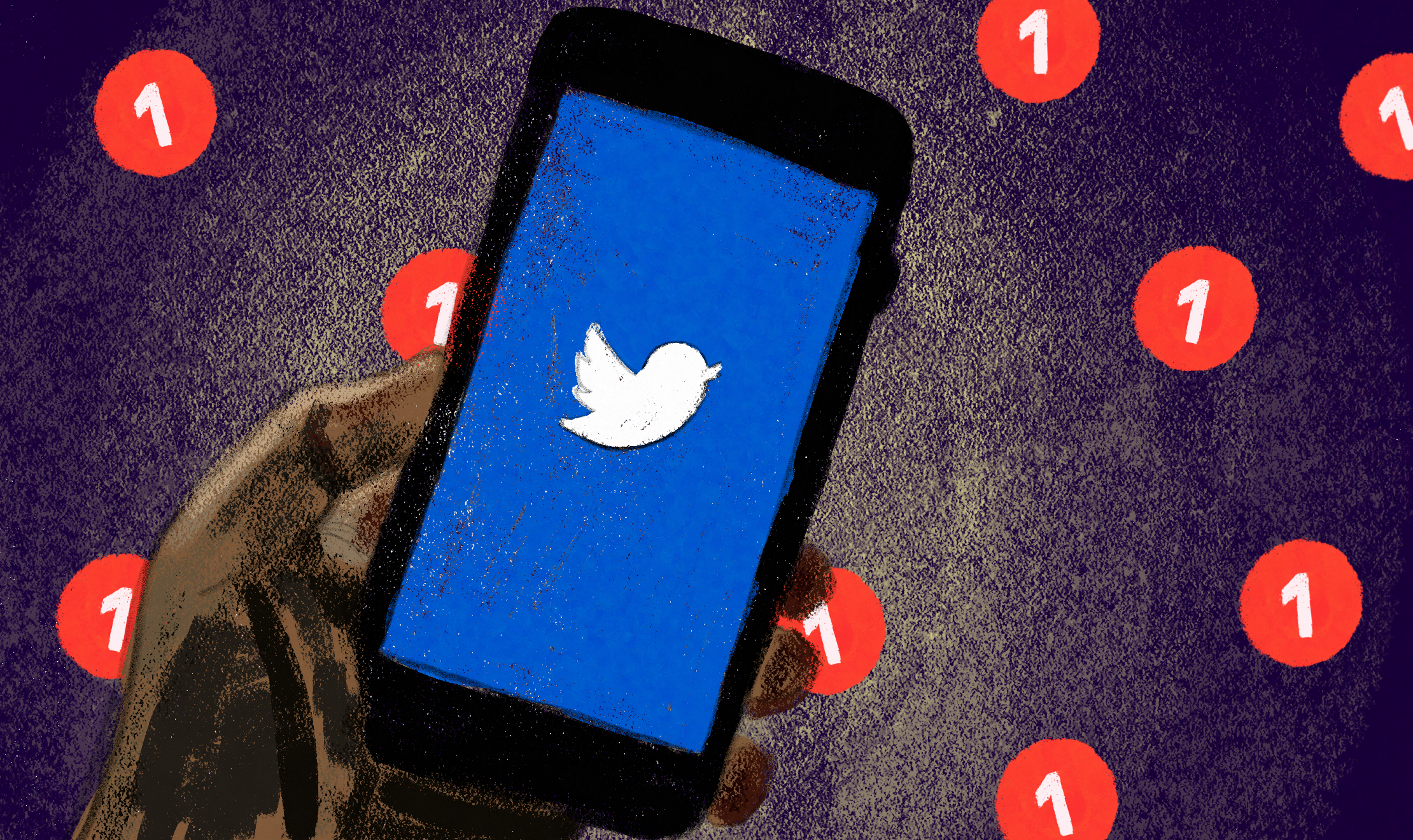
Revenge porn – the “sharing of private, sexual materials, either photos or videos, of another person without their consent and with the purpose of causing embarrassment or distress” is a rising issue in the age of digital technology. The creation of apps and platforms where images can be shared and traded rapidly offers a new frontier to perpetrators of sexual assault – whether the assault is depicted within the image, or whether the assault is itself the non-consensual act of sharing footage or photos.
Today, Alison Saunders, the UK’s Director of Public Prosecutions (DPP) announced that the Crown Prosecution Service will be handing out harsher penalties to those who perpetrate abuse online. However, without well-funded support for survivors of revenge porn, and commitments from social media giants to regulate content and remove images and footage when it is reported, it remains to be seen whether significant improvements will be made.
A high profile case of revenge porn took place in the spring of 2015, when a video of 31 year old Tiziana Cantone of Naples, Italy performing a sexual act was shared on numerous social media platforms and pornographic sites. The video was viewed over a million times, a phrase that Tiziana says in the clip was printed on T-shirts, smartphone cases and used to decorate other pieces of “merchandise”.
Women and girls are taught to be ashamed or embarrassed when our privacy and bodies are violated, which nurtures a culture of silence and secrecy
Responses to the Cantone case were mixed. Councillor Walter Caputo of Turin city condemned the action of the victim, rather than addressing the bigger issue of revenge porn. Claiming Cantone’s willingness to be filmed on camera was motivated by her “[aim] for a certain notoriety” he criticised her character saying she was “certainly not a Saint.” After numerous court cases, Cantone won the “right to be forgotten” ruling, which required all sites hosting the video to take it down. However, criminal justice outcomes are by no means a “magic bullet” to solve revenge porn. The court demanded that Cantone pay €20,000 (£17,000) in legal costs, and in 2016, she ended her life.
Women and girls are taught to be ashamed or embarrassed when our privacy and bodies are violated, which nurtures a culture of silence and secrecy. It is therefore vital that mainstream media outlets take responsibility for countering rape myths and victim-blaming narratives, which place responsibility for assault at women’s feet.
Revenge porn hit the news again earlier this year when reality star Rob Kardashian found himself in the midst of a highly publicised revenge porn scandal after Kardashian posted nude pictures and graphic text messages from his former fiancé Blac Chyna online. He even re-posted them after Instagram removed the images several times. Kardashian’s “explanation” for his actions was that after gifting Chyna a piece of jewellery worth $250,000, he claimed she had sent him footage of “another man in [their] bed”.
In this case, as is common in the majority of high-profile cases of revenge porn, the survivor (Chyna) faced public scrutiny for tormenting Kardashian to the point he would leak her images. This incident took the Internet by storm, with many voicing their opinions on Twitter, Facebook, and Instagram. Many criticised Chyna’s past profession as a stripper and used this detail to excuse Kardashian’s violation. One tweet used a metaphor to diminish the impact of the offensive act committed by Kardashian by suggesting that, due to Chyna’s past career, the nudes being leaked was the equivalent to “pouring a glass of water into the ocean.” The tweet went viral, gaining over 4000 retweets and 10,000 likes.
Blac chyna used to be a stripper, Rob Kardashian leaking her nudes is like pouring a glass of water into the ocean. #BlaccChyna
— Rashun Collins (@Badboyshun86) July 5, 2017
Freedom of Information (FOI) requests conducted by the BBC showed that from April 2015 – December 2015 1,160 incidents of revenge pornography were reported in the UK. Out of those incidents, only 11% resulted in the perpetrator being prosecuted, and roughly 61% resulted in no being action taken. Blac Chyna was financially equipped to hire a top lawyer who could assist her in seeking justice for Kardashian publicly sharing her private images, but funding expensive legal support is not an option available in the majority of revenge porn cases. Survivors of revenge porn – who FOIs reveal have an average age of 24 – are often unable to prosecute due to a lack of financial assistance and, crucially, emotional support from professionals who understand the nature of this new form of abuse.
Despite concerted work by campaigners, unlike with other forms of sexual assault, survivors of revenge porn who seek justice are not granted automatic anonymity
In many cases of sexual assault, responses are informed by a culture of “victim-blaming”, perpetuated on a local level but also by mainstream media and figures within the criminal justice system, where the victim is held responsible for the abusive and illegal actions of another person. It is for this reason that many individuals choose to not report revenge porn incidents. In addition, the idea of being identified publicly as a participant in revenge porn is another factor that makes survivors hesitant to report. Despite concerted work by campaigners, unlike with other forms of sexual assault, survivors of revenge porn who seek justice are not granted automatic anonymity.
In an age where online abuse continues to rise exponentially, there are simply not enough support systems in place to deal with the numerous revenge porn cases. At this point in time, the Revenge Porn Helpline, which was set up in 2015, is the only dedicated service for these survivors. The helpline is designed to offer practical help, coaching and legal consultation to victims, and since it opened it has been contacted by more than 7,025 individuals. Not only does the organisation provide support for victims but they also give advice to the media, consult with the government and often work alongside law enforcement to improve processes for reporting and justice solutions. Unfortunately, due to inadequate funding, the organisation is struggling to continue its operations.
A representative from the Revenge Porn Helpline spoke about the struggles associated with preserving the hotlines’ work. They told me that due to proposed government funding cuts, earlier this year the organisation nearly faced “termination at the hands of the government”. Thankfully, the government did a 180 on its proposition, and in April funding was provided to keep the helpline open until 2018.
We should be incredibly alarmed that the Revenge Porn Helpline- the only support system available to survivors of this form of abuse- is under constant threat of closure
Much more needs to be done to sustain the helpline. In an effort to ensure financial stability a crowdfunder page has been created with £35,946 of their £90,000 target raised so far – a figure desperately needed to ensure that the helpline can meet the rise in demand from callers.
Revenge porn is a criminal offence, and for those who wish to prosecute their perpetrators, there are now – more than ever – clear routes for redress within the criminal justice system. Nonetheless, we should be incredibly alarmed that the Revenge Porn Helpline – the only support system available to survivors of this form of abuse – is under constant threat of closure. It is no wonder that many victims do not feel confident enough to come forward, let alone to pursue a prosecution when avenues for emotional, financial and legal help are so limited.
The DPP’s comment today that online crimes must be treated as seriously as face-to-face assaults is a step in the right direction. However, without mechanisms to respond quickly to the non-consensual sharing of images- both in terms of emotional support for girls and women (who are disproportionately affected by revenge porn), and practical assistance in taking down images- women and girls will continue to be expected to be gatekeepers of their own honour. Considering the huge power and resources at the disposal of social media giants, and their purported missions to “build community” and “bring the world closer together“, this is simply not good enough.

Britain’s policing was built on racism. Abolition is unavoidable

How Pakistan’s Khwaja Sira and transgender communities are fearing and fighting for their futures

Their anti-rape performance went viral globally. Now what?






